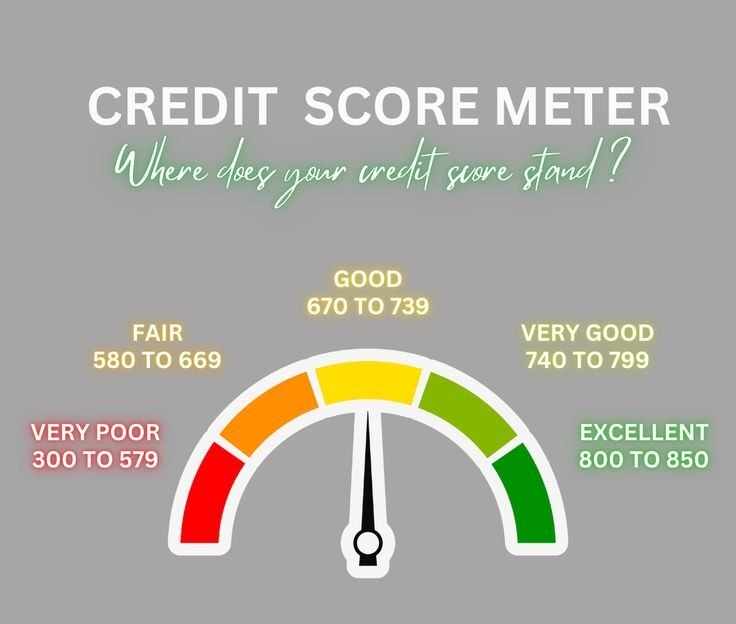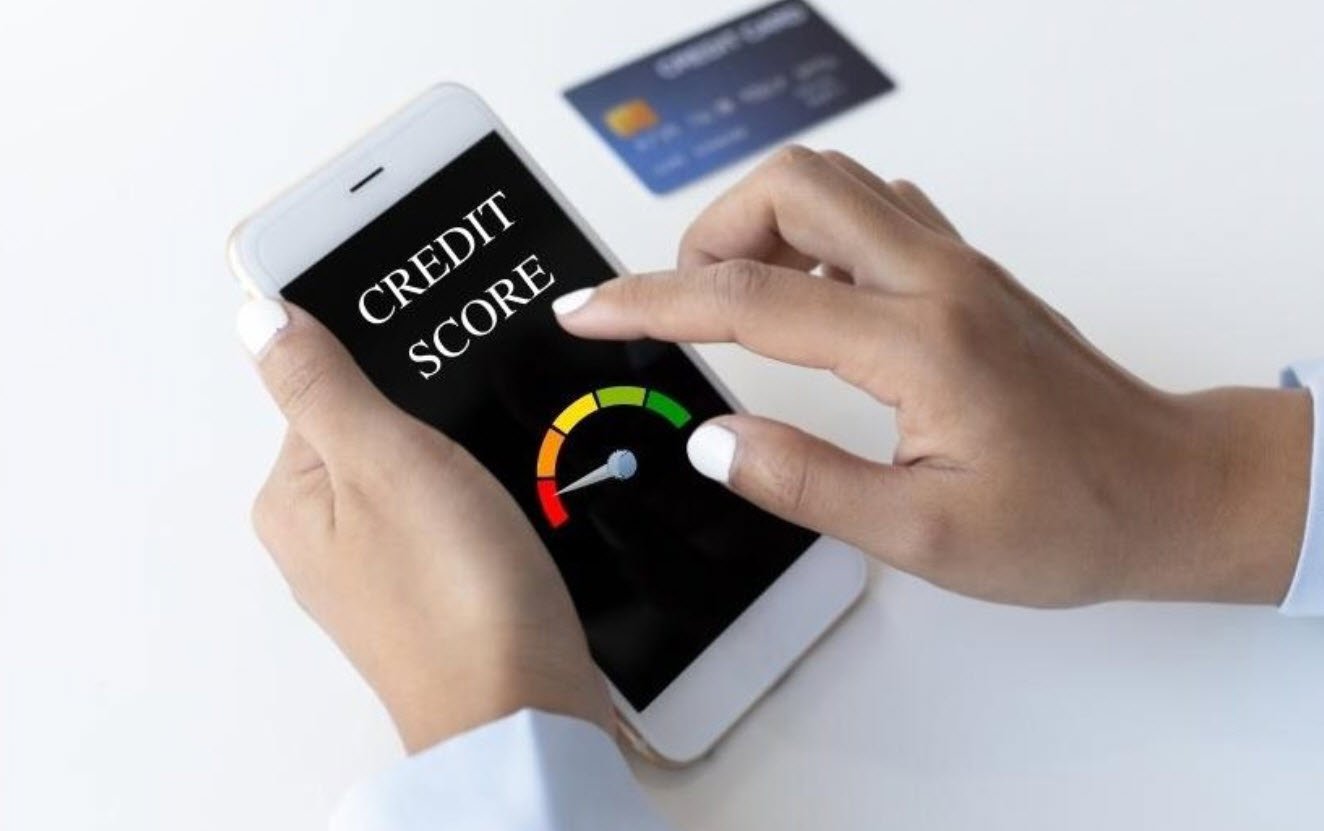
A high credit score can be a powerful financial tool, potentially saving you thousands of dollars in interest payments over time. Whether you’re planning to buy a home, finance a car, or simply want the peace of mind that comes with financial health, improving your credit score is a smart move.
FICO scores, the most commonly used credit scores by lenders, play a significant role in determining the terms you’ll receive when borrowing. These scores, which range from 300 to 850, are calculated by the three major credit bureaus: Equifax, Experian, and TransUnion.
By understanding how your FICO score is determined and taking strategic steps, you can significantly improve your creditworthiness.
Understanding Your FICO Score
Before exploring into tips to boost your credit score, it’s essential to understand the factors that contribute to your FICO score:
- Payment History (35% of your score): Your track record of paying credit and retail store cards, loans, and mortgages on time.
- Amounts Owed (30% of your score): How much you owe across all your credit accounts and the proportion of that debt to your credit limits.
- Length of Credit History (15% of your score): The length of time you’ve had credit accounts open, with longer histories generally being better.
- New Credit (10% of your score): Opening several new accounts in a short period can signal risk to lenders.
- Types of Credit Used (10% of your score): A mix of credit types (mortgages, retail accounts, credit cards, installment loans) can be beneficial.
Now that you have a clear understanding of the components of your FICO score, let’s explore seven actionable tips to help you raise your credit score.
1. Pay Your Bills on Time
Your payment history is the most influential factor in your FICO score, accounting for 35% of the total. Therefore, consistently paying your bills on time is crucial. Late payments can significantly impact your score, especially if an account is sent to collections.

If you’ve had trouble keeping up with payments in the past, consider setting up reminders or automatic payments through your bank. Even a single late payment can hurt your score, so prioritize timely payments above all else.
2. Set Up Automatic Payments
Forgetting to pay a bill is easier than you might think, especially with multiple due dates and busy schedules. One way to avoid this is by setting up automatic payments through online banking.
This ensures that your recurring bills—like utilities, credit card payments, and loans—are paid on time every month. Not only does this protect your credit score, but it also helps you avoid late fees. Just make sure you have sufficient funds in your account to cover these payments to avoid overdraft fees.
3. Increase Your Credit Limit
Your credit utilization ratio—the amount of your debt relative to your credit limit—makes up 30% of your FICO score. A lower ratio is better for your score. One way to improve this ratio is by increasing your credit limit.
For example, if you have a credit card with a $10,000 limit and a $9,000 balance, your credit utilization is 90%, which is considered high. By requesting a credit limit increase to $15,000, your utilization drops to 60%. However, it’s crucial not to use this extra credit, as that would defeat the purpose and increase your debt load.
4. Avoid Applying for Multiple Credit Cards at Once
Applying for several credit cards or loans in a short time can negatively impact your credit score. Each application results in a hard inquiry on your credit report, which can lower your score temporarily.
Moreover, opening multiple accounts in quick succession is a characteristic often associated with higher credit risk. It’s best to apply for new credit only when necessary and to space out your applications over time.
5. Keep Old Credit Card Accounts Open
Closing a credit card account might seem like a good idea, especially if you’ve paid off the balance. However, this can actually harm your credit score. Keeping the account open increases your available credit and helps maintain a longer credit history, both of which are positive factors for your score.
If you have a card with no annual fee, it’s better to leave it open even if you’re not using it frequently. Just be mindful of any inactivity fees that some issuers may charge.
6. Time Your Loan Applications Carefully
Every time you apply for a loan and a lender checks your credit, it results in a hard inquiry, which can lower your score slightly. However, if you’re shopping for a mortgage, auto loan, or student loan, try to do so within a two-week window.
FICO’s scoring model treats multiple inquiries within this period as a single inquiry, minimizing the impact on your score. This way, you can compare rates from different lenders without worrying about a significant dip in your credit score.
7. Check Your Credit Report for Errors
Mistakes on your credit report can drag down your score unnecessarily. Errors such as incorrect account balances, accounts that aren’t yours, or outdated information can be corrected by contacting the credit bureaus.
Conclusion
Improving your credit score is a process that requires patience, diligence, and strategic action. By paying your bills on time, managing your credit utilization, avoiding unnecessary applications, and keeping your credit report accurate, you can gradually raise your credit score. Not only will this open the door to better loan terms and lower interest rates, but it will also contribute to your overall financial well-being.
Remember, the key to a healthy credit score is consistency, so make these habits part of your regular financial routine.








